What is Palm Sunday?
Written by H, Posted in Christian Living, Published Work

Traditionally, on the sixth Sunday of Lent (the week before Easter Sunday), Christians the world over celebrate Palm Sunday.
Palm Sunday is the celebration and remembrance of Christ’s triumphal entry into Jerusalem.
Christ’s triumphal entry into Jerusalem is so significant that it is accounted for in each of the four Gospels: Matthew 21, Mark 21, Luke 19, and John 12. The feast of Passover sets the scene prefacing the entry of Jesus into Jerusalem, where many were seeking after Christ, asking among themselves, “Do you think Jesus will come to Passover?” (John 11:56).
This simple question serves as a great reminder that if you seek after Christ, you will find Him, or rather, He will find you. As Matthew Henry wrote, “None that seek Christ seek in vain.” As the Jews were looking for a Messiah, so many people today are looking for a Savior, someone to rescue them from destruction, to redeem a life they think they’ve ruined, to liberate them from bondage. God Himself said it in Jeremiah 29:13, “And ye shall seek me, and find me, when ye shall search for me with all your heart.”
The Jews heard that Jesus was coming to Passover, and so they prepared, as anyone would when they’re anticipating the arrival of an honourable guest. Part of their preparations included spreading their clothing for Him to ride over and spreading palm branches before Him as in the feast of tabernacles.
What does any of this have to do with us today?
So much. Amidst messages of doom and gloom and fighting and war, rather than being hopeless, we should be the most hope-filled! I’ve written before that there is no detail so small that it is not of utmost importance if it’s included in Scripture. In the account of Jesus’s entry into Jerusalem in John 12, verse 13 describes that the people took “branches of palm trees”. Of all the trees that are native to Jerusalem—pine, cyprus, olive, acacia—why did the people grab hold of palm branches to spread before our Lord? Because Victory Himself had arrived!
A symbol of Victory
Throughout history, palm branches have been symbolic of victory and triumph. It was Cicero who coined the term plurimarum palmarum homo (a man of many palms) to describe a winner. And here in John 12, as Christ entered Jerusalem, preparing for His death and resurrection, this symbol of palm leaves points to His ultimate victory over any and all other principalities and powers.
John 12 is not the first time that we read about palm branches in the Bible. Consider the feast of tabernacles described in Leviticus 23 and Nehemiah 8. These accounts specifically reference the use of palm branches as part of the ceremony and celebration. They tie together with Jesus’s triumphal entry into Jerusalem and remind us that all the feasts aforementioned in Scripture are directly linked to Christ’s Gospel.
As we celebrate Palm Sunday, we are once again reminded that the Victory is already won!
Hope Reflected
Christ has already conquered Satan and darkness, and He is coming again!
Now, as we celebrate Palm Sunday, we are once again reminded that the Victory is already won! Christ has already conquered Satan and darkness, and He is coming again! Let’s start living like we believe it!










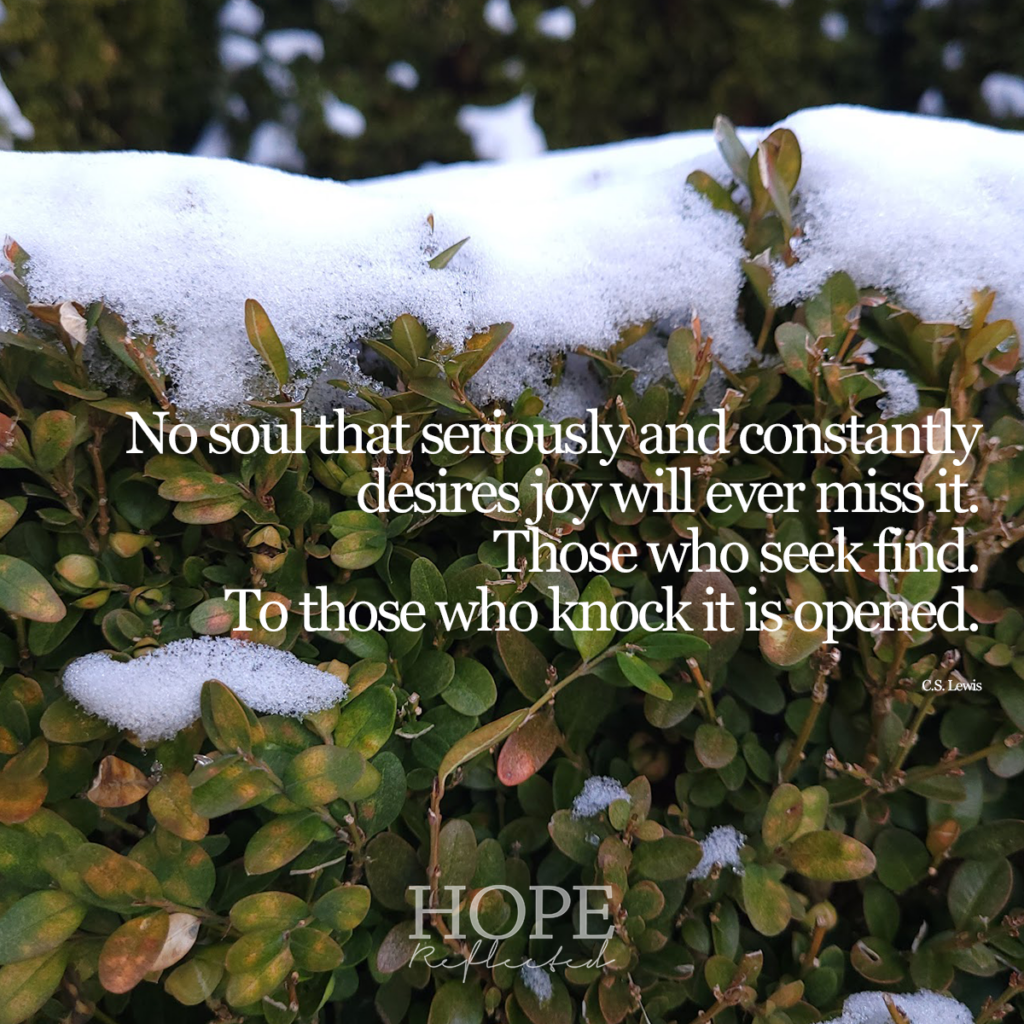
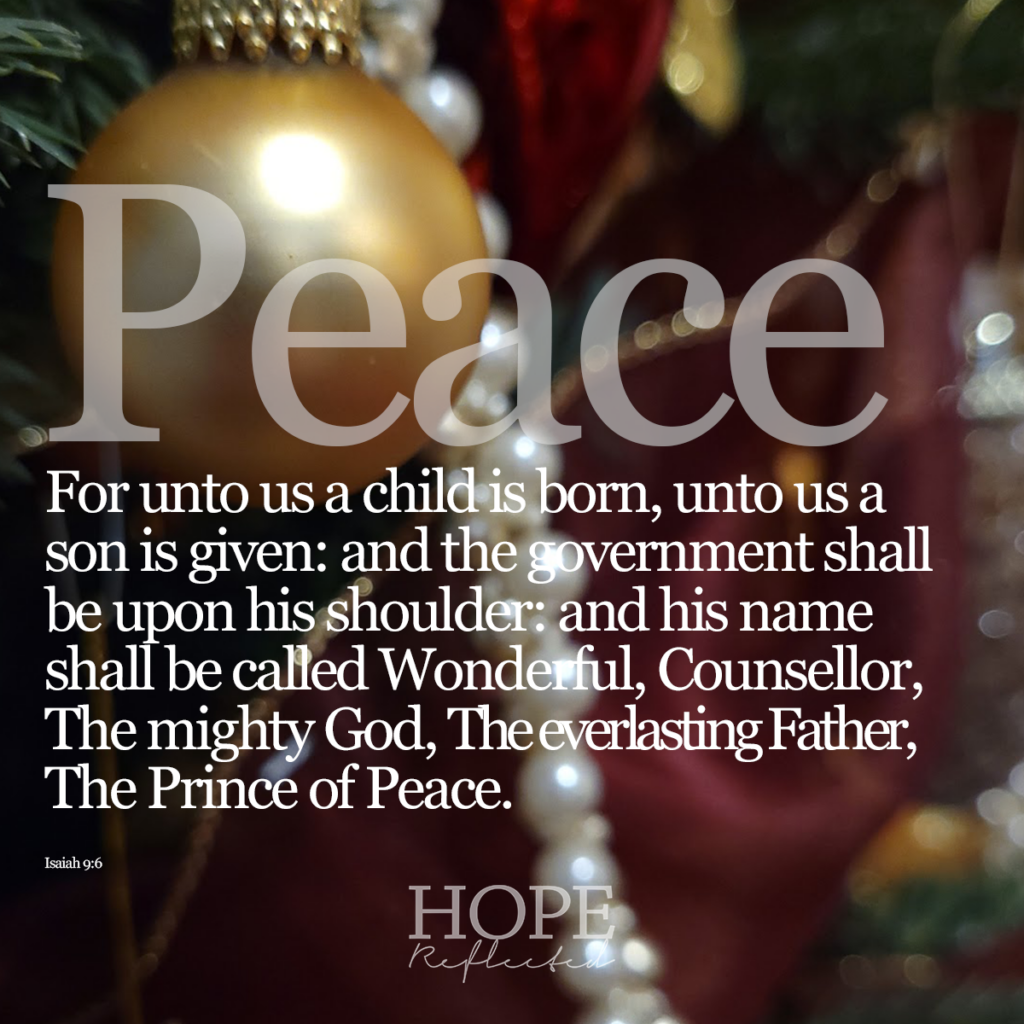
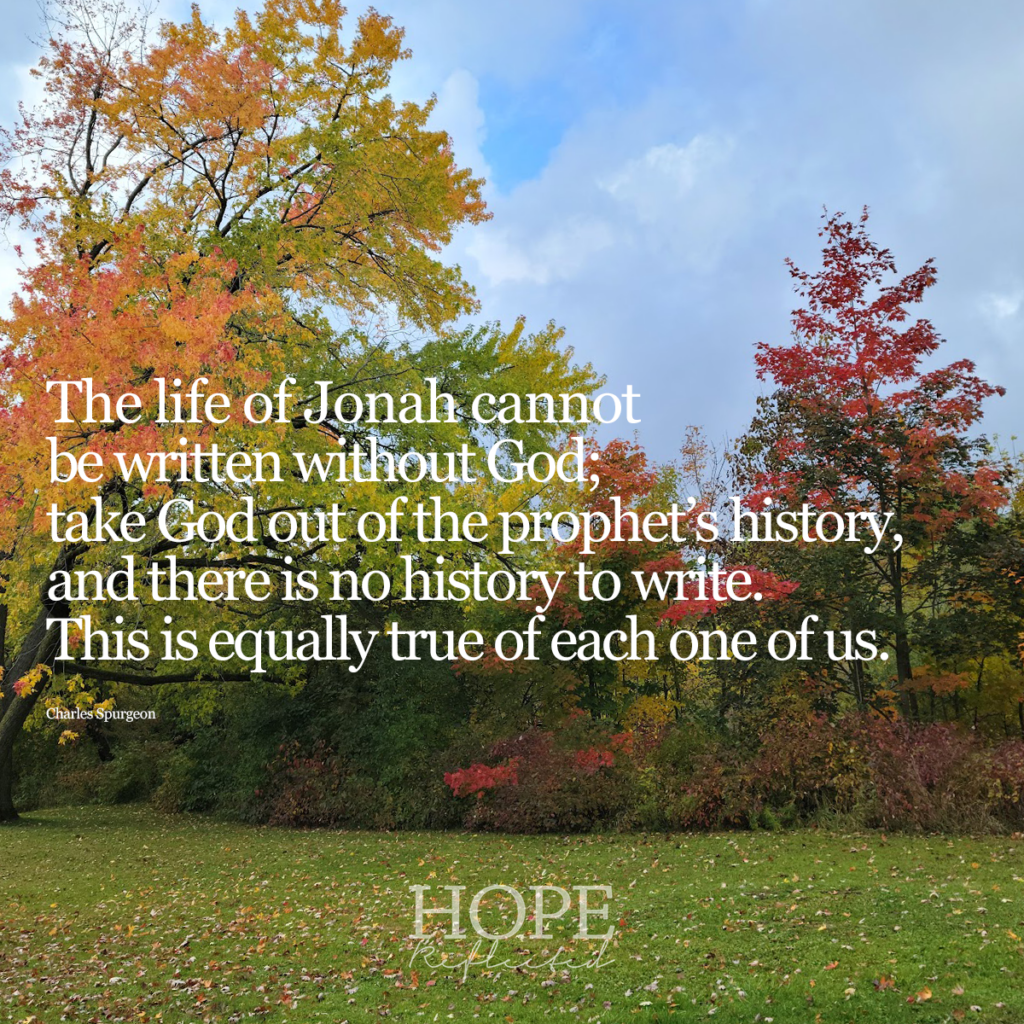
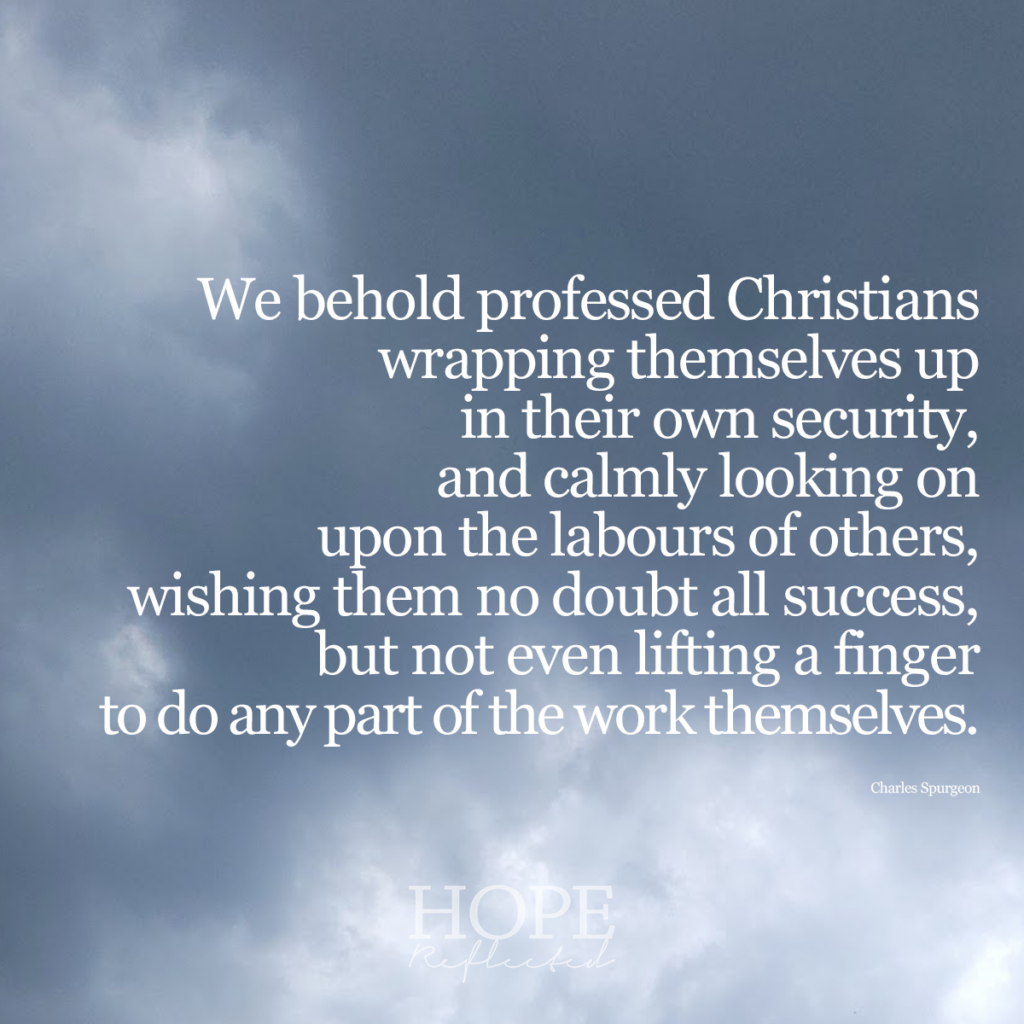
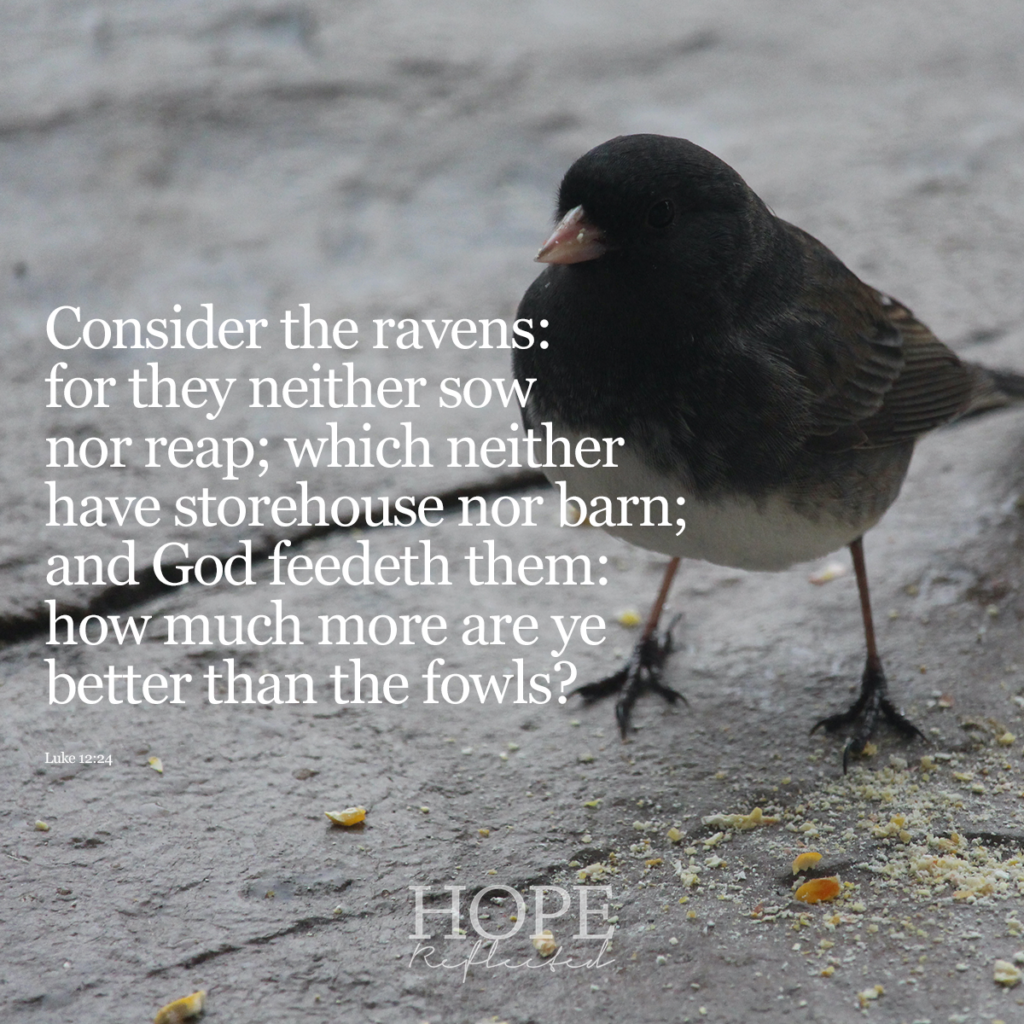

![False friends or counterfeit kindness; whatever you want to call it, the world is filled with people who will say one thing to your face and then another behind your back; people who will woo you in order to get something from you.
It’s sad, but it’s true.
The Bible provides us with examples from Joab to Judas, and yet, we’re surprised when we find ourselves deceived and hurt by someone else.
So what are some of the hallmarks of a true friend?
You can read more about this on hopereflected.com [Link in profile]
.
.
.
#friends #friendship #kindness #counterfeitkindness #hurt #proverbs #truefriends #hopereflected #blog #blogpost](https://www.hopereflected.com/wp-content/plugins/instagram-feed/img/placeholder.png)